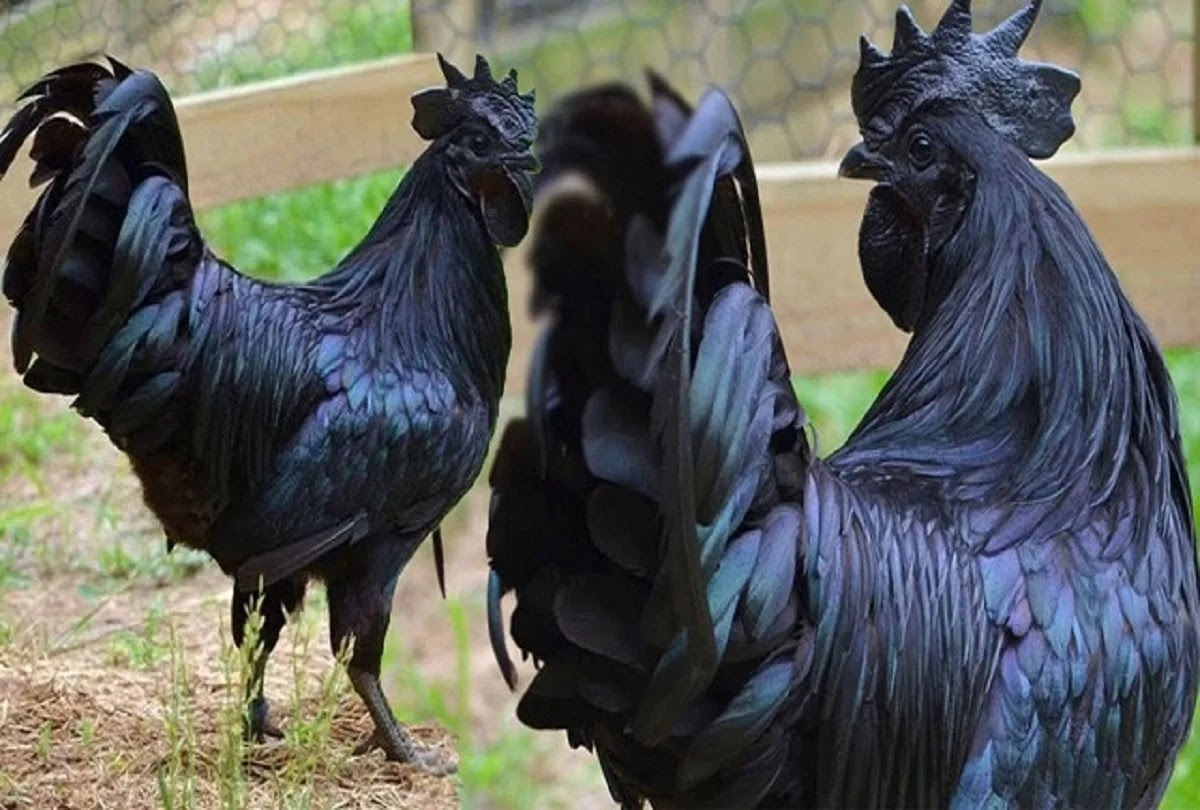Gujarat Witnesses Furore Over Meat Consumption
‘Propaganda to justify’

Diversity of food habits has regained political connotations over the last few years with the Hindu right wing bent on imposing vegetarianism on the masses. The issue has long made headlines off and on in Gujarat.
Meat consumption was politicised once again over the last few days amid reports of municipal authorities, mainly the political wing comprising Bharatiya Janata Party corporators, in at least five cities of Vadodara, Rajkot, Ahmedabad, Bhavnagar and Junagadh ordaining that non-vegetarian food cannot be sold on the streets.
Since the diktats there has been a lot of confusion and chaos with vehement opposition and concerns aired by various sections of society.
The justifications given for the move reportedly range from the non-vegetarian street food being unhygienic, foul smelling, the carts obstructing traffic, encroaching on public roads and of course hurting religious sentiments.
Although clarifications came from no less than Gujarat BJP president CR Patil and Chief Minister Bhupendrabhai Patel, discourse continues to rumble among people on various aspects related to the issue.
Patil reportedly said that people have a right to freely eat what they want and that there is no legal ban on sale of any kind of food. He reportedly acknowledged that the livelihood of several people depends on selling street food.
Patel too clarified that there is no issue over people’s food choices. He said the only issue can be whether the food being sold is healthy and whether the cart selling it is obstructing traffic. “There is no issue over vegetarian or non-vegetarian. People can eat what they want,” the CM said.
“The most ironical part is, none of the municipal top shots has shared a copy of any resolution passed anywhere of what the BJP corporators ordained,” points out advocate Shamshad Pathan, a social activist now affiliated to the AIMIM, which has found roots in some of the Muslim pockets in the state.
“It is nothing but propaganda,” said Mujahid Nafees of the Minority Co-ordination Committee (Gujarat). “It is a thermometer by which they want to measure the political temperature. They want to see what is the reaction of people to such statements: What will work and what will not? Whether there will be any resistance, and if yes, what is the level of the resistance and from what section?”
“There have been some very serious communal episodes in the state in the last one month,” Nafees further told The Citizen.
“First there was an attempt to antagonize people by raising slogans near a mazaar (mausoleum) in Kheda. Then there was an event in Morbi where venom was spewed against religious minorities. There was also the episode of people in Anand agitating against the opening of a hotel where one of the partners was a Muslim. They made hate speeches and raised objectionable slogans against the minority community.
“We have managed to get a First Information Report in the Anand episode, while efforts are on to get cases registered against the culprits in the other two cases,” he added.
“This is propaganda of the conservative section within the BJP. It is an attempt of the upper castes, mainly Brahmins and Baniyas, to reinforce their hegemony,” said eminent political scientist Ghanshyam Shah.
“The footsoldiers believe that since they have the power they can change anything. But all this does not find favour at the top level, as such moves have an adverse impact on the economy.”
Shah pointed out that the majority of the population is a consumer of non-vegetarian food. He said there has been a phenomenal rise in the production and consumption of eggs in the state. A large number of the consumers are from communities that support the BJP both “ideologically” and “financially”.
“The state is marked by a long coastline that is producing 1,80,000 tonnes of fisheries. There is an economic aspect to it,” he added.
It is also being pointed out that many people have taken to consuming animal protein in the wake of the Covid-19 outbreak.
“It can be an attempt to benefit the restaurant owners at the cost of the poor street vendors. Of late there is also a surge in advertisement of eggs and chicken being sold both by local establishments and multinational corporations on the local television channels,” pointed out Shamshad Pathan.
Pathan led a loud protest outside the Ahmedabad Municipal Corporation office earlier this week intending to gift at least three dozen eggs to Mayor Kirit Parmar. Police forcibly stopped the protestors and all the eggs broke in the chaos.
Sources said that almost 17 lakh street vendors across Gujarat protested against the move to ban non-vegetarian food on the streets as it directly threatens their livelihood. It would also affect those like students and the underpaid who cannot afford the meals at expensive restaurants.
This reporter has experienced problems in finding houses for rent because of being a meat-eater. There were times when eggs were sold clandestinely only in black carry-bags, and shopkeepers would apologize for selling them in transparent bags.
The egg economy has also long been weird in the state: egg consumption is sneered at by sections of orthodox society, and hence consumers have to pay through their nose. Yet there are eating joints in upmarket areas in cities like Ahmedabad where vendors will not serve any dish having less than six eggs.
The worst experience was that of a neighbourhood lady describing to another in the Judges Bungalow area of Ahmedabad that this reporter consumed the “carcass” of a chicken. As if I had a choice to consume it in any other form!




